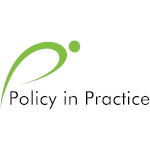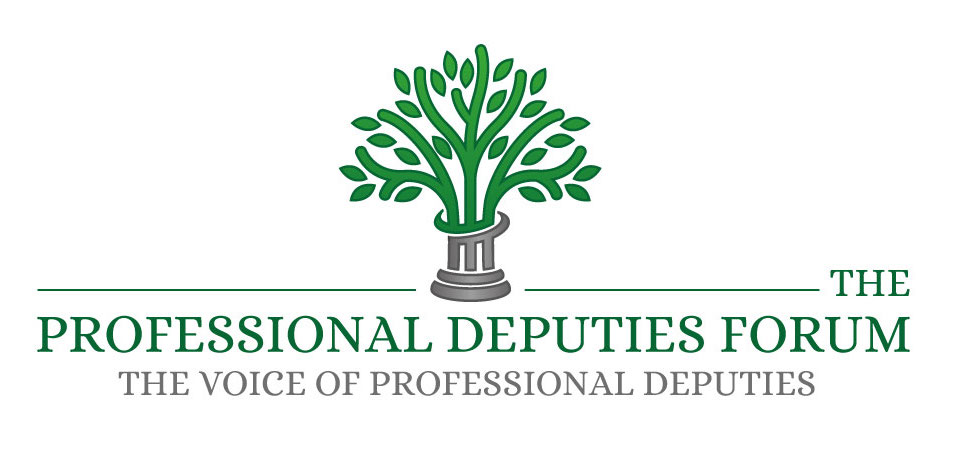In 2017 The Vulnerability Registration Service was approached by the Personal Finance Research Centre at The University of Bristol to take part in an expert interview to assist valuable research into the link between financial difficulty and mental wellbeing.
The research report was published in April 2018 in an article called “Sharing is caring? Could data sharing improve the support provided to customers in vulnerable situations?”
This report asks whether the greater sharing of data between financial services firms could improve their ability to identify and support customers in vulnerable situations. It considers how such data-sharing could work in practice, and suggests things for the industry to consider if it is to take forward increased data-sharing.
You can read it here:
http://www.bristol.ac.uk/geography/research/pfrc/themes/vulnerability/publications/ You’ll see that the VRS get a mention on pages 44,48 and 52.
There are also some other interesting articles addressing vulnerability here, including a document summarising the findings from a number of events held by The University in 2017. From these workshop events, it became clear that poor mental health, addictions and even suicide were all more likely where people experience financial difficulties. Look for “Financial difficulty and mental wellbeing – a summary of our 2017 workshop series”.
The VRS is a platform providing vulnerable consumers with a single reference point for recording their personal circumstances at a given point in time. An individual with manic spending, gambling problems or any other money issue can protect themselves by registering on the VRS register. If a registered vulnerable person goes on to apply for credit or services when their well-being is being compromised, the VRS will allow the user of the register (creditor/service provider) to take the appropriate action. As well as protecting the vulnerable, the VRS helps firms and service providers to make better, more informed decisions. Doing the right thing is not just a regulatory requirement, morally it’s a good thing.
Any thoughts?













Post a comment